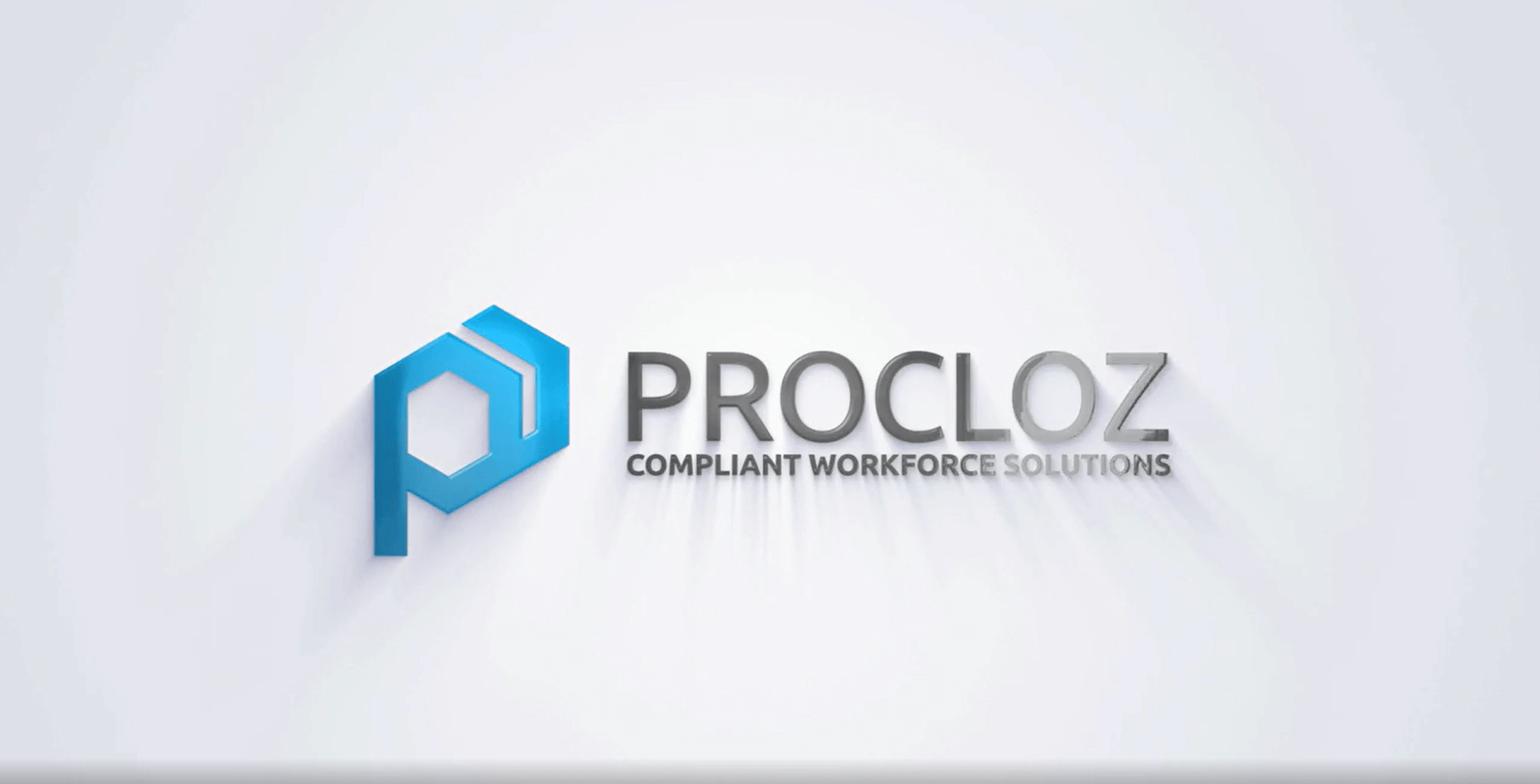Although the phrases diversity, equality, and inclusion are sometimes used interchangeably, they are distinct concepts with their own set of problems. Several firms have prioritized creating a more egalitarian workplace during the last few years. But, embracing equity in the workplace is more difficult than it appears. Many diverse employees are denied equal access to opportunities due to systemic racism and unconscious prejudices. While many organizations are attempting to build more diverse teams, businesses are still struggling to develop an inclusive atmosphere.
The success of a workplace is dependent on providing an inclusive and equal environment. Organizations must first understand what it takes to achieve an egalitarian workplace. With today’s workplace including a varied range of talent from various backgrounds, teams must understand how to create a work climate that allows all team members to thrive.
What is Workplace Equity?
Embracing equity in the workplace refers to the concept of providing all employees with fair and equal opportunities based on their particular requirements. Equity in the workplace often involves issues regarding fairness in salary, development prospects, and daily work experiences. When organizations promote workplace equity, they gain the competitive advantage of employing diverse talent. When equity is prioritized, it creates a positive work environment for both employees and employers.
What Is The Significance of Embracing Equity In The Workplace?
Workplace equity is dependent on equality, openness, and belonging. Even diverse workplaces often struggle to build a firm that is free of bias and discrimination. While addressing fairness requires effort, research suggests that building an egalitarian workplace benefits businesses.
Embracing equity in the workplace is crucial for several reasons:
Promotes Diversity
Embracing equity in the workplace promotes diversity, which can lead to new ideas, perspectives, and approaches to problem-solving. A diverse workplace can help to improve the quality of decision-making, innovation, and creativity.
Fosters Inclusivity
An equitable workplace fosters an inclusive culture that values all employees, regardless of their gender, race, ethnicity, religion, age, or sexual orientation. This can help to create a sense of belonging among employees, which can lead to higher employee engagement, retention, and productivity.
Increases Employee Satisfaction
When employees feel valued and respected in the workplace, they are more likely to be satisfied with their job and their employer. This can lead to higher levels of employee engagement, motivation, and commitment.
Enhances Reputation
Embracing equity in the workplace can enhance a company’s reputation as a responsible and ethical employer. This can help to attract and retain top talent, as well as build customer loyalty.
Improves Bottom Line
An equitable workplace can help to improve the bottom line by reducing turnover and absenteeism, increasing employee productivity and innovation, and enhancing customer satisfaction and loyalty.
Also read: How to Attract Top Talent: A Guide to Effective Recruitment Marketing
Conclusion
Equity in the workplace extends beyond having a diverse mix of gender, generation, and cultural backgrounds. It is about accepting everyone’s uniqueness and establishing a workplace where everyone feels seen, heard, and respected. As a result, there is a sense of psychological safety and trust, which promotes a sense of belonging. And if you need any assistance with the proper structuring of your organization, Procloz is here to help you. Work with our team of experts for business process management solutions that works for you in compliance with all the necessary business laws & regulations. Feel free to contact us and discover how we can be of assistance to you.














